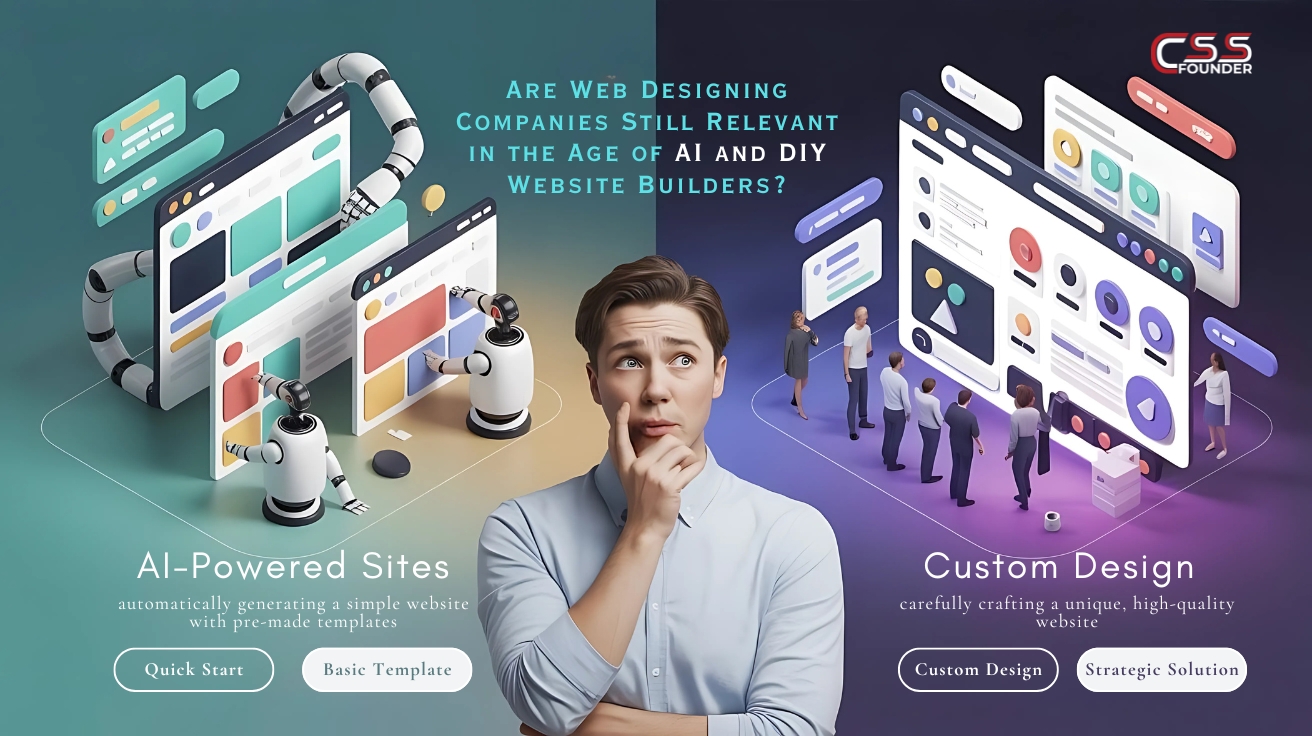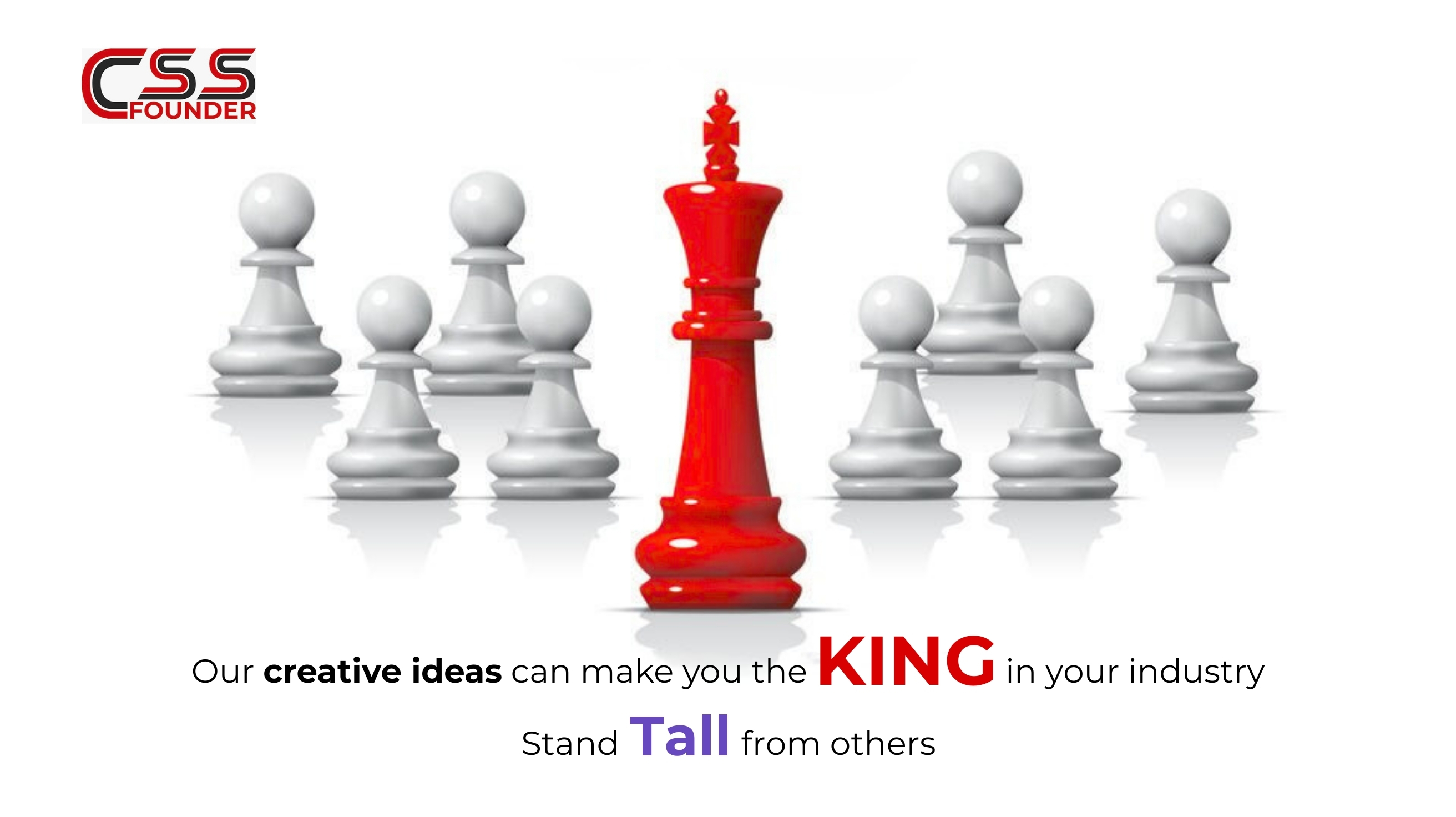Customer Relationship Management (CRM) software has become an essential tool for businesses of all sizes in Auckland and across New Zealand. As companies strive to improve customer interactions, streamline processes, and boost sales, the demand for custom CRM solutions continues to grow. However, one of the primary concerns for businesses considering CRM software development is the associated cost. This article will explore the factors influencing CRM software development costs in Auckland and provide insights to help you budget for your project.
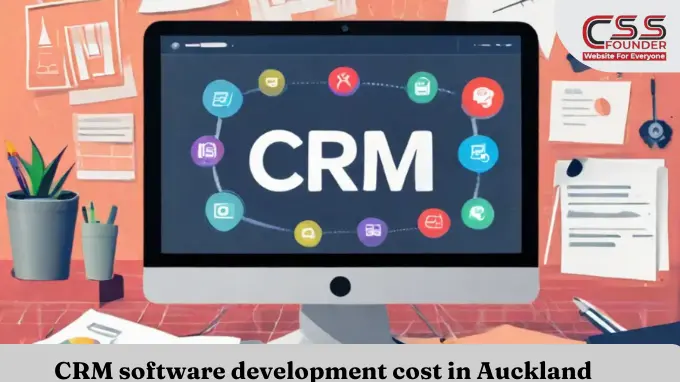
Cost Ranges for CRM Software Development in Auckland
The cost of CRM software development in Auckland can vary widely depending on the factors mentioned above. Here’s a general overview of what you might expect to pay:
1. Basic CRM System: (NZD 20,000 – NZD 50,000)
A basic CRM system with essential features such as contact management, basic reporting, and simple integrations falls within this range. This option is suitable for small businesses or startups with straightforward requirements.
2. Midrange CRM System: (NZD 50,000 – NZD 150,000)
A midrange CRM system typically includes more advanced features like sales automation, marketing tools, and multiple integrations. This option is ideal for mediumsized businesses looking for a more comprehensive solution.
3. Enterprise level CRM System: (NZD 150,000+)
Enterprise level CRM systems are highly customized, featurerich solutions designed for large organizations with complex requirements. These systems often include advanced analytics, AIpowered insights, and extensive integrations with other business systems.
Factors Affecting CRM Software Development Costs
1. Project Scope and Complexity
The scope and complexity of your CRM project significantly impact the overall cost. A basic CRM system with essential features will naturally cost less than a comprehensive solution with advanced functionalities. Consider the following elements when defining your project scope:
- Number of modules (e.g., contact management, sales tracking, marketing automation)
- Integration requirements with existing systems
- Customization needs
- Scalability requirements
- Mobile app development (if needed)
2. Development Team Expertise
The skill level and experience of the development team play a crucial role in determining costs. In Auckland, you’ll find a range of options, from freelance developers to established software development firms. While experienced developers may charge higher rates, they often deliver higherquality results and can complete projects more efficiently.
3. Technology Stack
The choice of technology stack affects both the development cost and the longterm maintenance of your CRM system. Popular technologies for CRM development in Auckland include:
- Frontend: React, Angular, Vue.js
- Backend: Node.js, Python, Ruby on Rails
- Databases: MySQL, PostgreSQL, MongoDB
- Cloud platforms: AWS, Azure, Google Cloud
Opting for cuttingedge technologies may increase initial costs but can lead to better performance and easier maintenance in the long run.
4. Design and User Experience
An intuitive and visually appealing CRM system can significantly improve user adoption and productivity. Investing in professional UI/UX design may increase upfront costs but can lead to longterm benefits for your business.
5. Third party Integrations
Many businesses in Auckland require their CRM to integrate with existing tools and services. Common integrations include:
- Email marketing platforms
- Accounting software
- Ecommerce platforms
- Social media management tools
- Payment gateways
Each integration adds to the overall development cost but can greatly enhance the functionality of your CRM system.
6. Data Migration
If you’re transitioning from an existing CRM or consolidating data from multiple sources, data migration costs should be factored into your budget. The complexity and volume of data to be migrated can significantly impact the overall project cost.
7. Testing and Quality Assurance
Thorough testing is crucial to ensure your CRM system functions as intended. Allocating sufficient resources for quality assurance can help identify and resolve issues before deployment, potentially saving costs in the long run.
8. Ongoing Maintenance and Support
While not part of the initial development cost, it’s important to consider ongoing maintenance and support expenses. Many Aucklandbased development firms offer maintenance packages, which can help keep your CRM system running smoothly and uptodate.
Tips for Managing CRM Development Costs in Auckland
1. Clearly Define Your Requirements
Before approaching developers, clearly outline your CRM requirements. This will help you get more accurate quotes and reduce the likelihood of scope creep during development.
2. Prioritize Features
Identify must have features versus nice to have features. Consider implementing your CRM system in phases, starting with core functionalities and adding more advanced features later.
3. Choose the Right Development Partner
Research and compare different development firms in Auckland. Look for companies with experience in CRM development and positive client reviews. Don’t solely base your decision on cost – consider factors like expertise, communication, and longterm support.
4. Consider Opensource Solutions
Explore opensource CRM platforms that can be customized to your needs. While this may still require significant development work, it can potentially reduce overall costs compared to building a system from scratch.
5. Plan for Scalability
Invest in a scalable solution that can grow with your business. This may increase initial costs but can save money in the long run by avoiding the need for a complete system overhaul as your business expands.
6. Leverage Cloud Technologies
Cloud based CRM solutions can offer cost advantages in terms of infrastructure and maintenance. Many Auckland developers are experienced in cloud technologies, which can lead to more efficient development and deployment processes.
Conclusion
Developing a custom CRM system in Auckland represents a significant investment for any business. While costs can vary widely based on your specific requirements, understanding the factors that influence pricing can help you budget more effectively and make informed decisions. By carefully considering your needs, choosing the right development partner, and planning for longterm scalability, you can ensure that your CRM investment delivers value for your business well into the future.
Remember that the cheapest option isn’t always the most cost effective in the long run. Focus on finding a balance between your budget constraints and the features and quality your business needs to thrive in the competitive Auckland market.
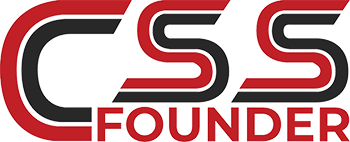

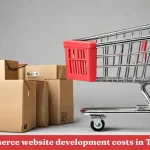
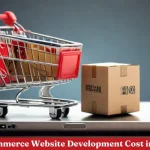

.png)
